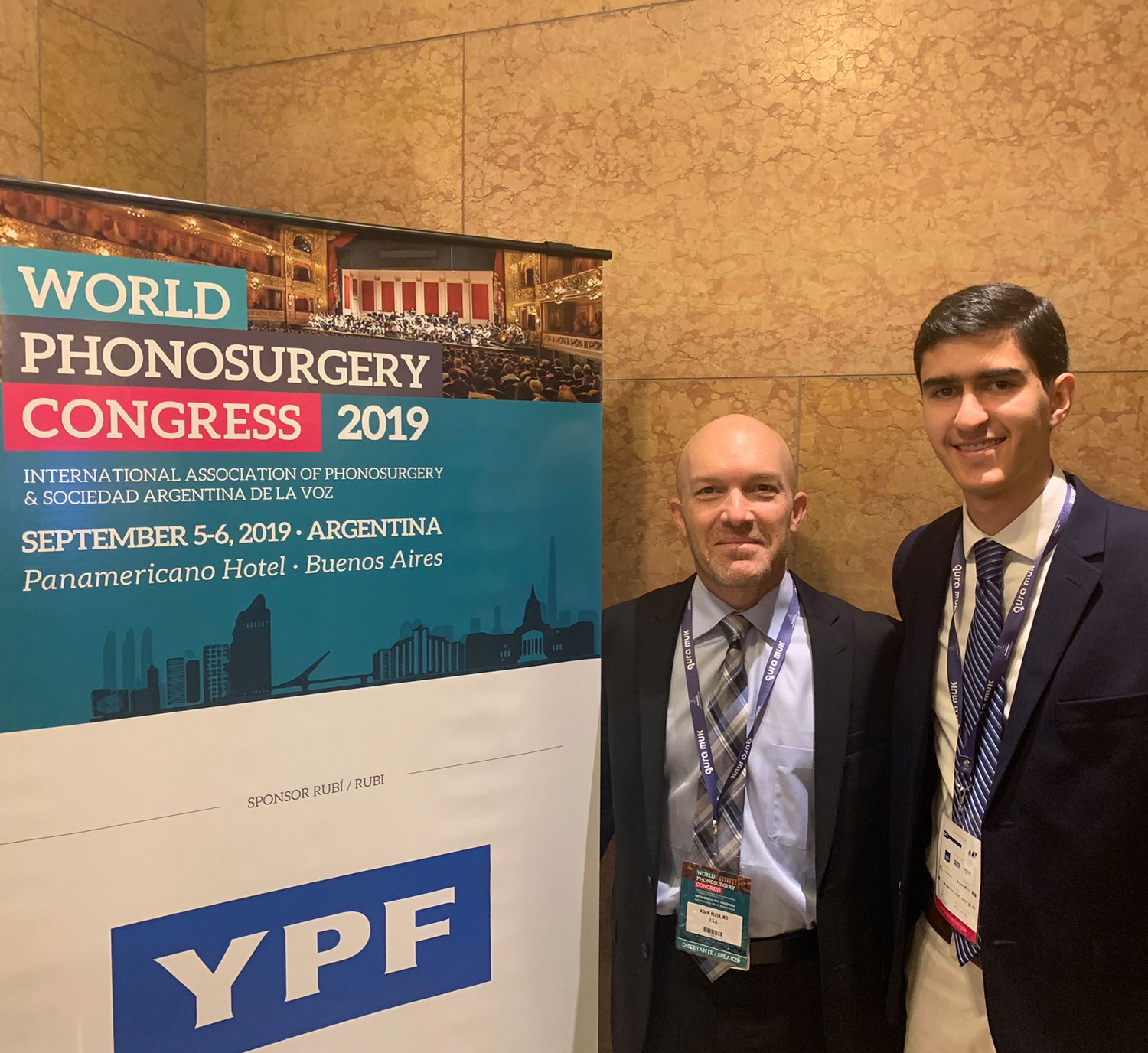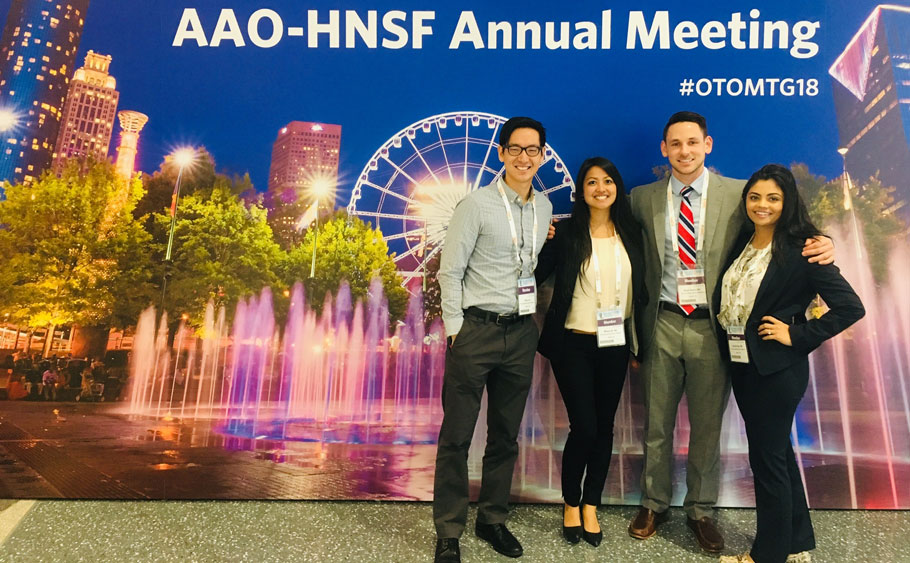Overview

Participation in the department's abundant clinical and basic science research opportunities are encouraged throughout the residency program. The PGY-4 year is the most concentrated research period, during which residents are protected from daily clinical responsibilities so that they may undertake a dedicated research experience.
Each resident prepares for their PGY-4 research experience at least one-year in advance. This preparation phase allows the resident to identify a project and mentors, prepare background information, and create a research proposal and data analysis plan.
Resources
Emory University and its surrounding institutions offer a variety of resources that can assist each resident in achieving their research goals. Knowledgeable medical librarians are an excellent resource for literature searches, biostatisticians are available to help residents design their studies and execute data analysis, and research funding is also available via departmental and external mechanisms — just to name a few.
The close proximity and collaborative strategies of such organizations as the Centers for Disease Control and Prevention, American Cancer Society, Emory National Primate Research Center, Winship Cancer Institute, and the Wallace H. Coulter Department of Biomedical Engineering at Georgia Tech and Emory can provide additional options for research projects.
Examples of Recent Resident Research Projects
-
Economic value of on-call resident
-
Local allergen sensitivity in central compartment atopic disease (that one is already on the website but can stay)
-
Reducing adjuvant treatment using surgical algorithms for HPV-associated Cancer of Unknown Primary
-
Integrating new technology in otolaryngology: use of the 3D exoscope in temporal bone resections
Annual Research Presentations
Each year in the Spring, PGY 3-5 residents present their research during a gathering of the Emory Otolaryngology Department and surrounding community otolaryngologists. Awards are presented for top research presentations. The inaugural Mattox Lectureship will begin in 2022, and resident research presentations will be a highlight of this annual event
Quality Improvement
Emory otolaryngology residents work in teams every year to explore quality improvement opportunities at our various institutions. These projects have been instrumental in implementing important changes that improve the quality of care delivery, patient care, and resident education. Projects may be submitted for journal publication and/or presented during the annual Emory Quality Conference. Examples of recent quality improvement projects include:
-
Reducing lab draws in head and neck free flap patients through implementation of a standardized postoperative phlebotomy protocol for targeted patients
-
Evaluating the feasibility of implementing a video chat resource for on-call resident evaluation
-
Understanding the patterns of supply utilization of billable epistaxis hemostatic agents for Emory University Hospital Midtown of otolaryngology resident consults
-
Curriculum development for subspecialty rotations


